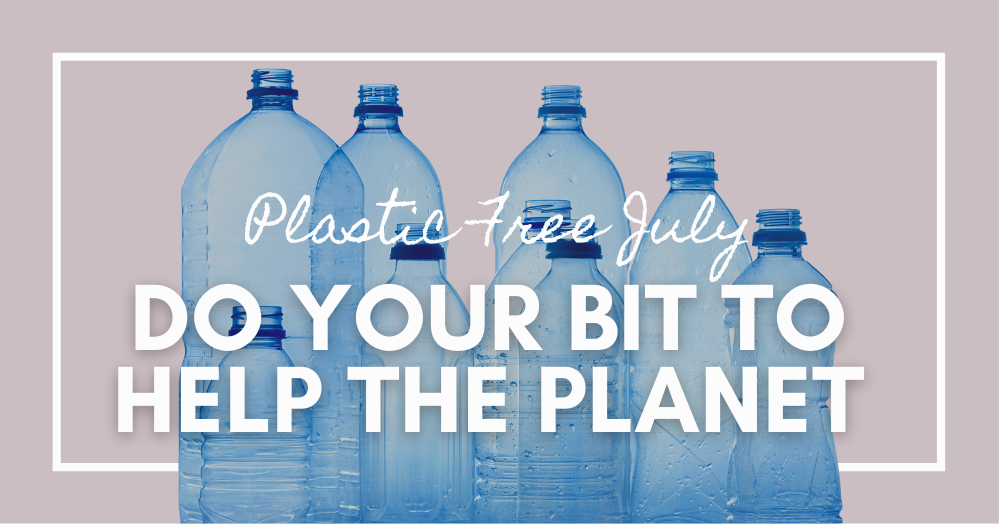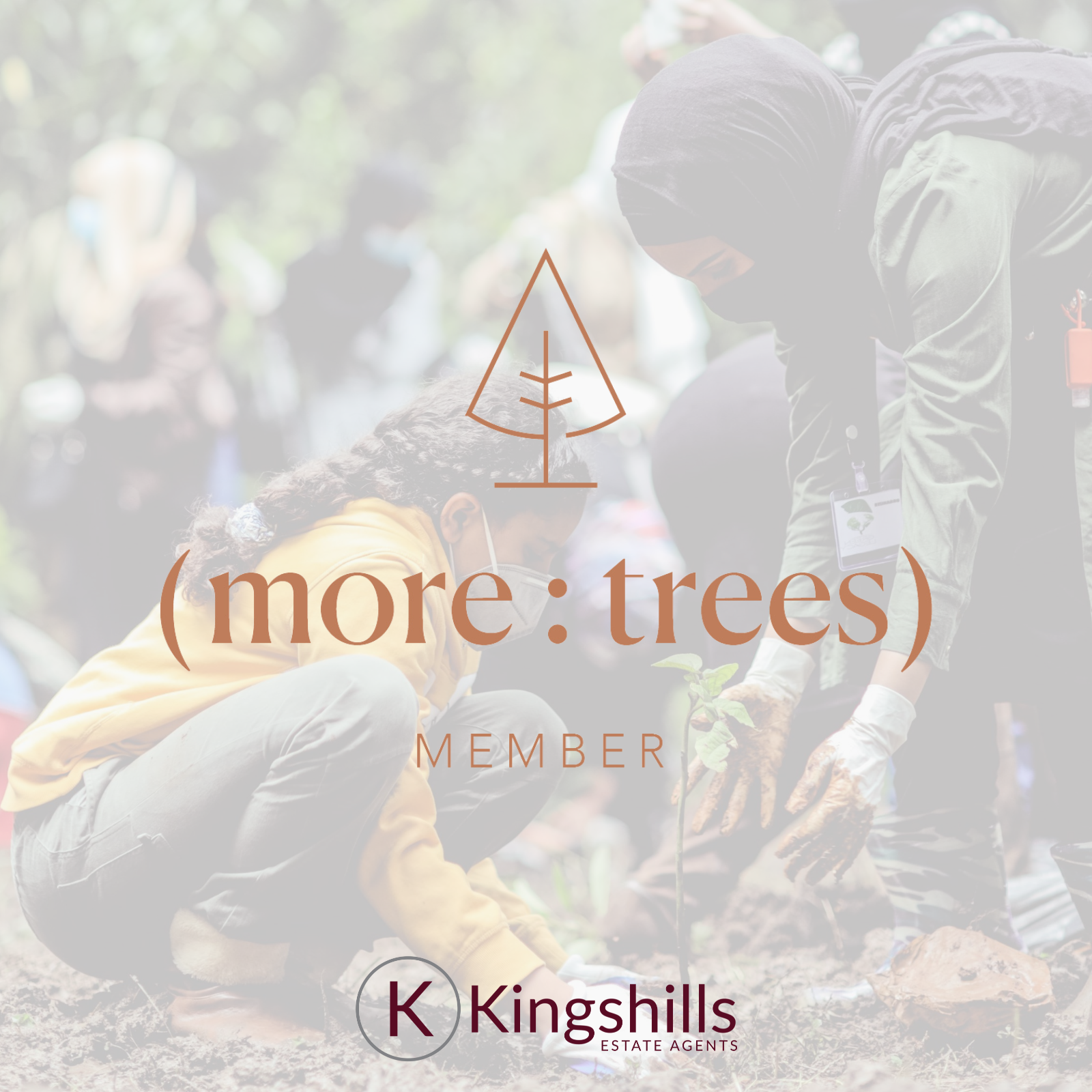It’s time to turn the tide on single-use plastics going to landfill or winding up in our oceans and waterways. A three-minute read.
It’s a sad fact, but our World is drowning in plastic. Here are some statistics:
- The UK gets through more than two million tonnes of plastic packaging a year.1
- A whopping 500 billion plastic bags are used around the world each year.2
- There are 5.25 trillion macro and micro pieces of plastic in our oceans – killing, maiming and poisoning wildlife.3
- Plastic makes up a quarter of the diet of polar bears.4 (Yeah… not good!)
You may well be putting in that effort to use your recycling bin at home or in the office, but shockingly only 16% of plastic is recycled. The rest makes its way to landfill, is incinerated or dumped. 5
The only way to tackle this issue it to use less plastic.
What can you do to help?
Take part in Plastic Free July. This initiative started in Perth Australia in 2011 with a handful of people. Last year it had participants of over 140 million people from around 190 countries, resulting in a reduction of 2.1 million tonnes of waste and recycling – how amazing is that!
What’s it all about?
It is all about making those small and achievable changes to the amount of plastic you use in your day-to-day life and beyond. Some participants focus on cutting plastic use at home, while others channel their efforts into making changes at their local school, workplace or sporting club. The key is to start small and build momentum.
Simple, small steps to reduce your plastic consumption:
- Take a reusable cup when you go out for that caffeine hit.
- If you make packed lunches, wrap sandwiches in baking paper or bee wax wraps, and opt for snacks that aren’t packaged in plastic.
- Avoid buying fruit and veg in plastic containers. Take your own bags to the supermarket and opt for loose produce.
- Carry a water bottle – why buy water in a plastic bottle from the shop? It’s a scam!
- Use a local refill station. These are shops where you take your own bottles and pots and fill them with the products you need, such as laundry liquid, pasta and beans.
- Get rid of plastic cutlery, cups, straws and plates in your office.
- At work, remove individual bins from under people’s desks (it’s too tempting to just throw everything in). Instead, provide bins for designated rubbish types – plastics, paper and food waste – and encourage colleagues to use these.
To find out more about Plastic Free July, visit www.plasticfreejuly.org/
Thank you for reading. Let’s all do what we can to help our planet!
1Defra 2Plastic Oceans 3National Geographic 4Study by Ivan Mizin, deputy director of Russia’s Arctic National Park 5McKinsey

 By
By 



Share this with
Email
Facebook
Messenger
Twitter
Pinterest
LinkedIn
Copy this link